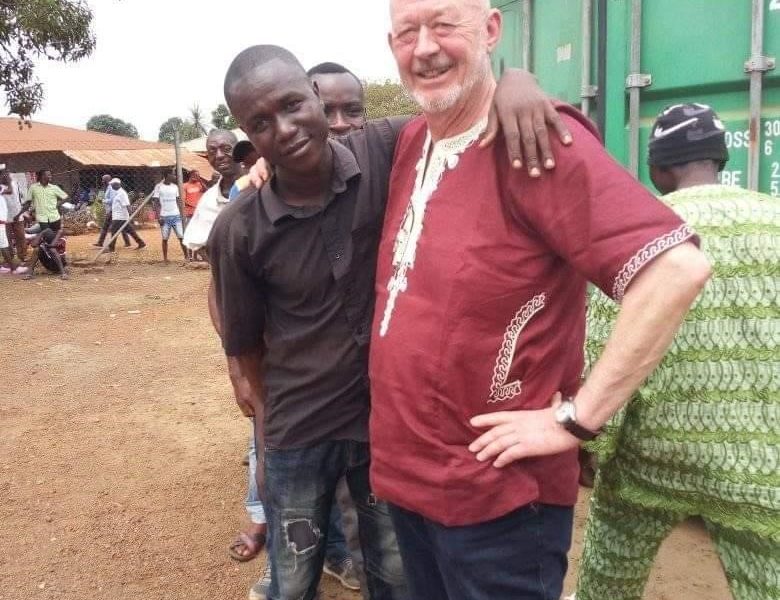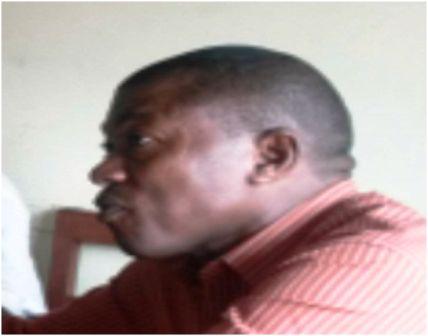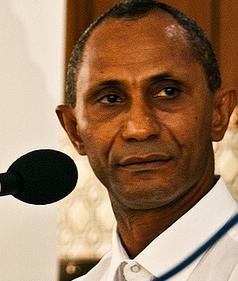SOCFIN CSR and Facts Palm Oil Mill Sierra Leone
Facts Palm Oil Mill Sierra Leone – Designed and constructed by: ING.SVEN VAN DEN BROUCKE – Head of projects Socfin Group
The mill has been designed for a total processing of 60 ton fruits per hour.
The first phase, which we are building now, is 30 ton/hr – this will be extended in less than 2hours to a 60 ton/hr.
Extraction rate of oil will be around 22% ( or an oil production of 6,6 ton/hr resp. 13,2 ton/hr.)
The mill will provide its own electricity.
We have a steam boiler (20 ton/hr steam) that runs on the fobers of the fruits.
The steam will be used for keeping the whole process sterile to generate a turbine.
The capacity of the turbine is a 1,8MW – we will produce in the first phase 1,2MW of electricity.
We have an oil storage of 4,200 ton on site
We have a kernel storage of 600m3 on site.
The empty fruit bunches will be brought back to the fields as a natural fertilizer.
In 2nd phase we will install a kernel crusher as well. To extract the oil form the kernel.
Total mill project costs $ 27 Million US.
The mill provides work directly in the mill to 3oo persons that will be trained on high level (SL engineers), jobs indirectly: harvesting, transport, maintenance will be several hundreds more connected to the Mill.
At peak period, the mill will run 24hr/day.
The contract for the civil works has been awarded to a Sierra Leonean company SCS.
In the foundations alone we have 4000m3 of concrete.
The surface of the mill is 70.000m2
We have our own laboratory with the latest technology to provide the best quality.
An effluent treatment pawn (LAGOONS) will be built in end 2014 and it will occupy a surface of 400mx 80m (5 basins)
The project has started in March 2013 and will be finished in August 2014.
An oil storage plant will be built in the port of Freetown with a capacity of 6000 tons.
SOCFIN AGRICULTURAL COMPANY SL LTD, CORPORATE SOCIAL RESPONSIBILITY REPORT (CSR) – Click link below to view.
© 2014, https:. All rights reserved.






Charles
/
These are relevant information that is necessary to disseminate for the public to understand how these incoming industries are structured and operated. Chiefly the benefit to the country.
24th February 2014Our people are being fed with statements that infuse mistrust. Let us look at the issues here – first there was nothing just land – then cam someone with their own money – they traveled for thousands of miles – they planted an industry in a strange land – they provided tertiary industry opportunities- they provided direct employment – their assets and money on the ground will never be worth the while to be repatriated back it is worth nil value. Who gains in the scenario. Of course us the people of Sierra Leone. Half bread is better than none. Let us thank God for what he has provided as we furage our way to creating our own industries and ventures abroad. We just have to be smart to get the best in negotiations, we don’t have to cry foul all the time when we see the outcomes are rosy and we want the mussels as well. what about the pain of the vast capital and the risk of nil returns we have not shared in it- capital is not cheap and no one wants to come to Africa. Let us resolve to be welcoming and show that we can be partners in industries and help to protect foreign capital. We need to put our youths to engage in gainful employment. We need to crawl before we honestly work we expect too much too soon.